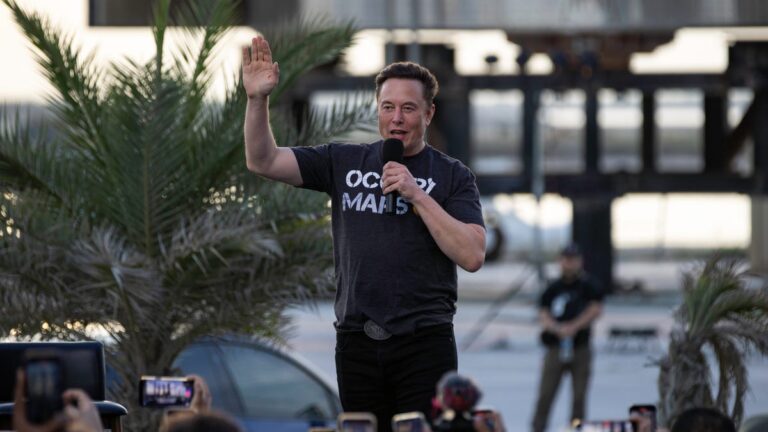Elon Musk has said he “hates advertising,” but that doesn’t change the fact that he needs advertising.
Musk has until 5:00pm Eastern Time on Friday, Oct. 28, to close his deal to buy Twitter for $44 billion, or else he’ll have to head to trial in Delaware next month. All signs point to Musk completing the deal: He has reportedly secured his financing, and even toured the company’s offices yesterday.
But he hadn’t yet addressed another important group of Twitter’s constituents, its advertisers, until Thursday, Oct. 27. In a publicly tweeted memo, Musk promised advertising clients that Twitter will not become a “free-for-all hellscape” and that, contrary to prior indications, he actually wants (and needs) their ad dollars.
Musk’s new content moderation policy
Musk’s disdain for advertising and his disdain for content moderation put the world’s richest man in a tough spot.
Musk has promised to restore “free speech” to Twitter, paring down its current approach to content moderation. The company currently prohibits hate speech, political misinformation, and using the platform to incite violence, as former US president Donald Trump found out. Musk hasn’t weighed in on specific content policies, but he’s suggested a rollback of moderation in general, and has suggested Trump should return to Twitter.
This runs counter to the advertising industry’s recent emphasis on so-called “brand safety”—keeping their ads from appearing on problematic websites or next to unsavory user-generated content. Facebook and YouTube have found themselves on the receiving end of advertiser boycotts over the perception that they hadn’t done enough to keep hate speech off of their respective platforms.
In his statement to advertisers, Musk laid out his thinking:
The reason I acquired Twitter is because it is important to the future of civilization to have a common digital town square, where a wide variety of beliefs can be debated in a healthy manner, without resorting to violence. That said, Twitter obviously cannot become a free-for-all hellscape, where anything can be said with no consequences!
This is the closest approximation to Musk’s real content moderation stance that he has given since first flirting with the idea of buying Twitter. But more so, it’s a realization that he needs content moderation to keep advertisers happy, and he needs advertisers to make money. And even if he didn’t buy Twitter to “make money,” there’s a limit to how much even Musk can lose.


